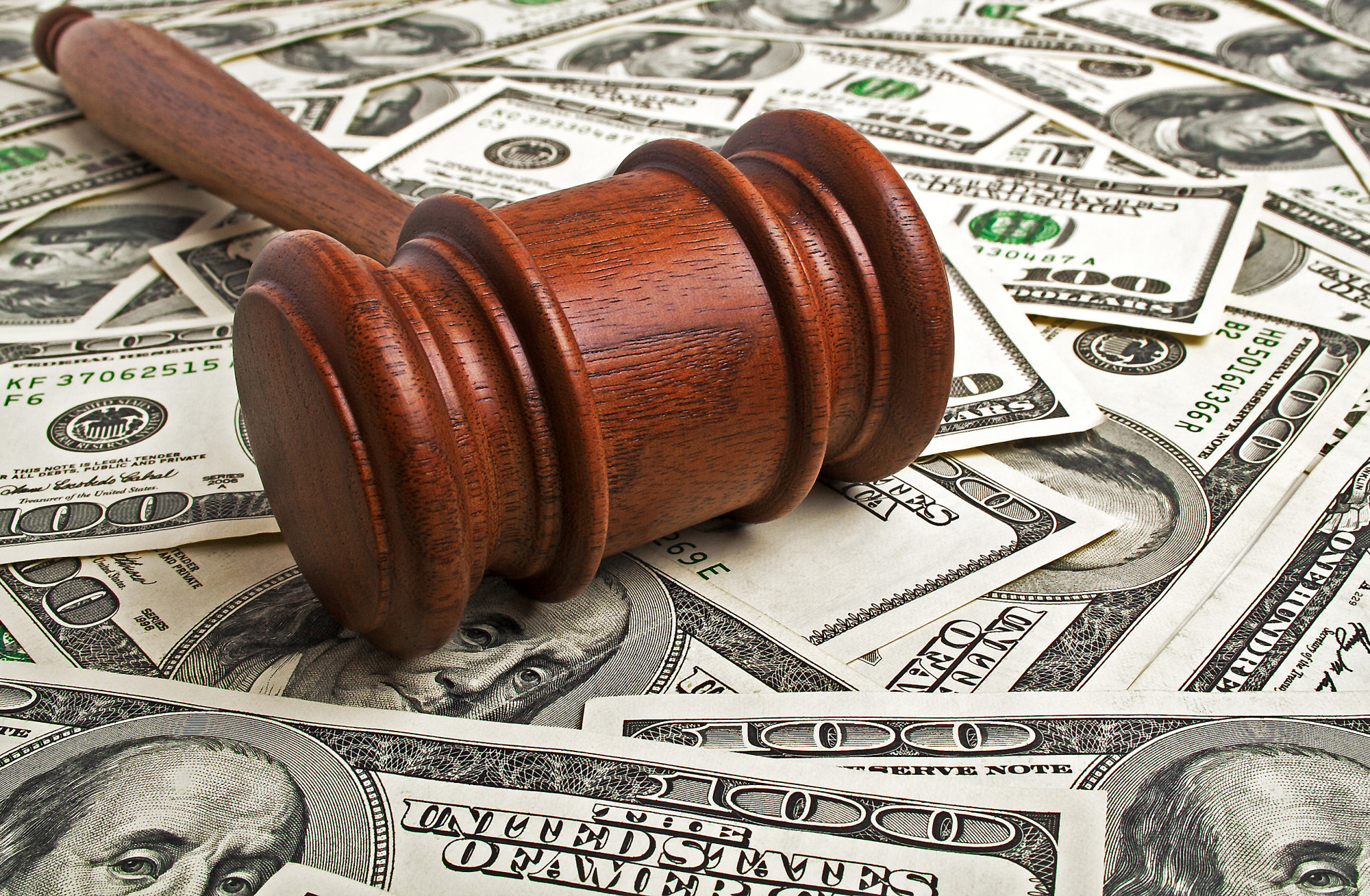Legal funding
So, you’re in the middle of a lawsuit, and your bills need to be paid. Legal funding can help! But what is it, and which type should you use? Learn more here!
Did you know that over 100 million legal cases get filed every year in US state trial courts? Or that approximately 400,000 cases get filed in US federal trial courts per year?
All those figures prove just how criminal and civil cases are rampant in the country. It also demonstrates that so many of the nation’s people get wronged by others. For instance, federal courts alone process 20,000 to over 50,000 personal injury cases each month.
If you’re a personal injury victim yourself, know that legal funding can help tide you over. It can provide you financial aid as you go through the lengthy, difficult legal process. It can provide you sustenance as you await your court-awarded compensation.
To that end, we came up with this detailed FAQ covering the chief aspects of litigation funding. Read on to learn what legal funding means, how it works, and why you should apply for one.
What Is Legal Funding?
Legal funding is also known as “litigation funding,” “lawsuit loans,” or “pre-settlement loans.” Either way, it’s a type of cash advance on a pending lawsuit. It’s available for any plaintiff (a person who files a claim or a lawsuit) represented by an attorney.
Do note that legal funding for attorneys is also available for current or on-going cases.
How Does Litigation Funding Work?
With litigation funding, the lawsuit funding company purchases “interest” on a pending case. They then pay for the “interest” on the lawsuit’s anticipated settlement. The plaintiff receives this payment as a form of cash advance on their expected legal award.
This means plaintiffs can tap their expected settlement way before they get the check for it. Note that it can take many weeks, months, or even years for courts to award lawsuit settlements.
Why Should You Consider Applying for a Cash Advance on a Lawsuit?
Suppose you’re a plaintiff who already filed a personal injury lawsuit. You also hired an attorney to represent you in court. Moreover, your legal counsel anticipates your case to win $25,000.
The thing is, many personal injury lawsuits can take at least one to two years to finalize. That’s because the court and its jury have to deliberate first, and they don’t always agree on a verdict. Even if they come to an agreement, the defendant may still file for an appeal after getting the verdict.
This is why some personal injury cases can take up to a decade or longer to conclude.
So, even if your attorney expects you to win, you still have to wait for months or even years to get your award. All throughout this period, your bills will just keep piling up. Worse, the injury your accident caused may have resulted in you losing your ability to work.
Do note that many injuries after accidents take longer than 12 to 18 months to heal fully. Even if you can go back to work, you may have to settle for a reduced workload as you’re still recovering.
A lawsuit loan can provide you with the funds you need even before you get your settlement. In fact, once approved for the cash advance, you can get the funds in as little as 24 to 48 hours. You can tap your expected settlement before the court awards it.
How Do You Pay Back a Lawsuit Loan?
One of the primary benefits of litigation funding is that they’re “non-recourse.” This means that the lender cannot pursue you for repayment unless you win your case. If your lawsuit falls through, and you don’t get the settlement, then you don’t have to pay your lawsuit loan back.
If your case does win, the payment for your cash advance comes out of your settlement award. There are no out-of-pocket expenses that you have to worry about. The legal financing company deducts the costs of the cash advance from your “winnings.”
It’s because of this repayment process that you also have no monthly fees to think about. Most lawsuit loans only require one lump-sum repayment after the case concludes. So, you only have to pay back the litigation funding company once the court issues your award.
What if the Settlement Award Is Lower Than the Cash Advance?
The legal funding company assumes all possible risks when they issue cash advances. One of these is the possibility of an expected settlement being higher than the actual award. However, as lawsuits loans are non-recourse, lenders will settle for the issued award.
So, even if your final settlement is lower than what you anticipated, you don’t have to “make up” for the deficit. The litigation funding company won’t ask you to pay for the difference.
What Do Borrowers Need to Qualify?
You need to have a valid lawsuit that’s already in trial or in the process of going to trial. Another principal requirement is that you have an attorney representing you. Moreover, you must have retained the lawyer on a contingency fee basis.
All litigation financing companies also require applicants to have a meritorious case. This means that the lawsuit should have strong merits. You must have sued another person or party with reasonable grounds and solid proof.
If you meet all these criteria, then you can apply and likely qualify for litigation funding.
What Can You Use the Funds For?
Virtually anything that you need, from food to shelter to clothes and medication. You can use the cash advance to pay for your home loan or rental fees. You can spend it on groceries and use it to pay for your water or electricity bills.
The pre-settlement cash advance can also cover your other health needs. For example, you can use part of it to continue your injury rehabilitation. By adhering to your treatment, you can recover faster, so you can also go back to work sooner.
Pre-Settlement Cash Advances Can Help in Times of Uncertainty
There you have it, all the answers to the questions you’ve always wanted to ask about legal funding. The bottom line is that lawsuit loans, or pre-settlement cash advances, can help you get back on your feet. With these financial programs, you don’t have to wait for months or years to get access to your settlement.
Do you already have a pending lawsuit and an attorney who represents you? If so, then you may already be eligible for a pre-settlement cash advance. Apply for litigation funding now so that we can get you your needed funds ASAP.







